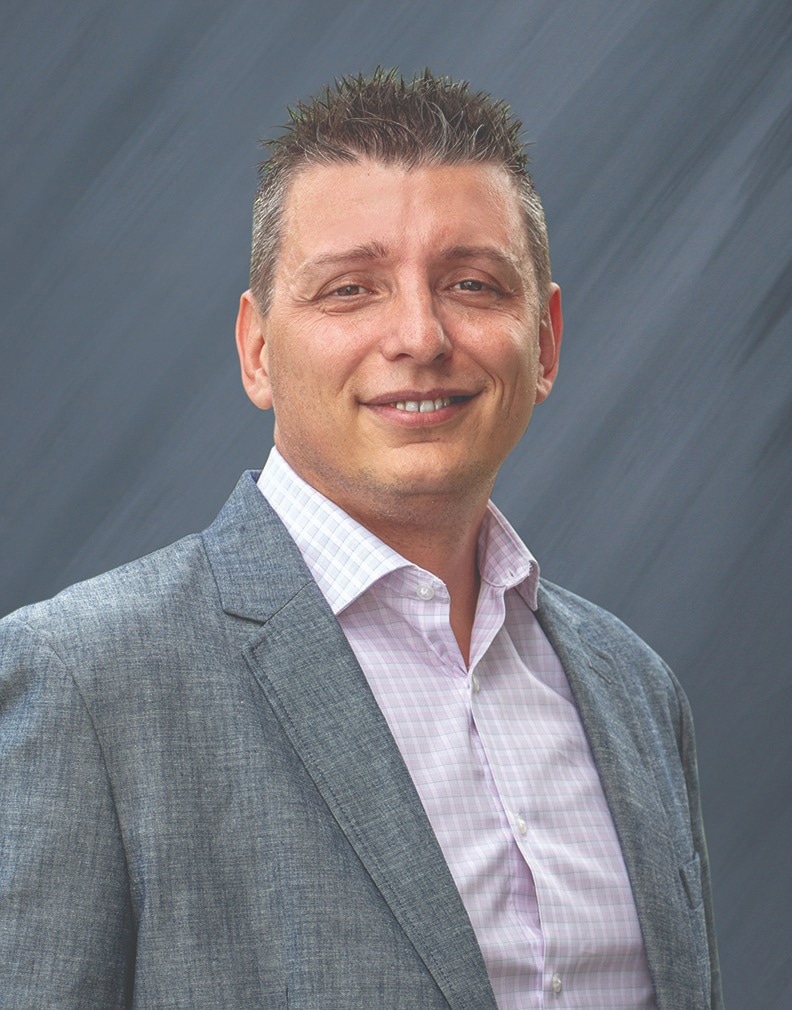Indium Corporation’s Miloš Lazić, product development specialist, will share his industry insight on the next generation of metal thermal interface materials (TIMs) during ThermalLive™, to be held virtually, Oct. 18-19.
 Miloš Lazić. Image Credit: Indium Corporation
Miloš Lazić. Image Credit: Indium Corporation
For many years, metals have been used as TIMs in the industry. Due to their high reliability and high thermal conductivity, the metal TIMs have been great solutions, especially for the most challenging applications. Thermal conductivity and interfacial resistance are the most important properties of a TIM. One of the biggest obstacles for using metal TIMs in applications is the interfacial resistance. Most of the current metal TIMs are quite stiff and require pressure to form seamless connection between materials and surfacing, to lower interfacial resistance. With devices becoming smaller, consuming more power, and producing more heat, finding the right TIM becomes one of the most critical steps in any application.
In The Next Generation of Metal Thermal Interface Materials – Liquid Metal Pastes, Lazić will discuss the development—and advantages—of liquid metal pastes (LMPs). LMPs provide an enhanced metal TIM solution that combines high thermal conductivity and lower interfacial resistance, compared to common metal TIM options in the market. Furthermore, it offers additional benefit as it is liquid metal in nature but better performing: it allows low and controlled bondline thickness, can be applied by jetting or dispensing, and a higher viscosity that survives pressure without leaking.
Lazić provides technical support, including guidance and recommendations to customers related to process steps, equipment, techniques, and materials. In addition, he delivers technical training to staff and industry partners. Lazić attended the University of Nis, School of Electronic Engineering, where he earned his bachelor’s degree in electrical engineering and master’s degree (M. Eng.) in electronic engineering. Lazić is a founder of the non-profit organization “Urban Youth Forum,” which encourages students to plan, develop, and execute projects involving environmental protection through the recycling of electronic waste.